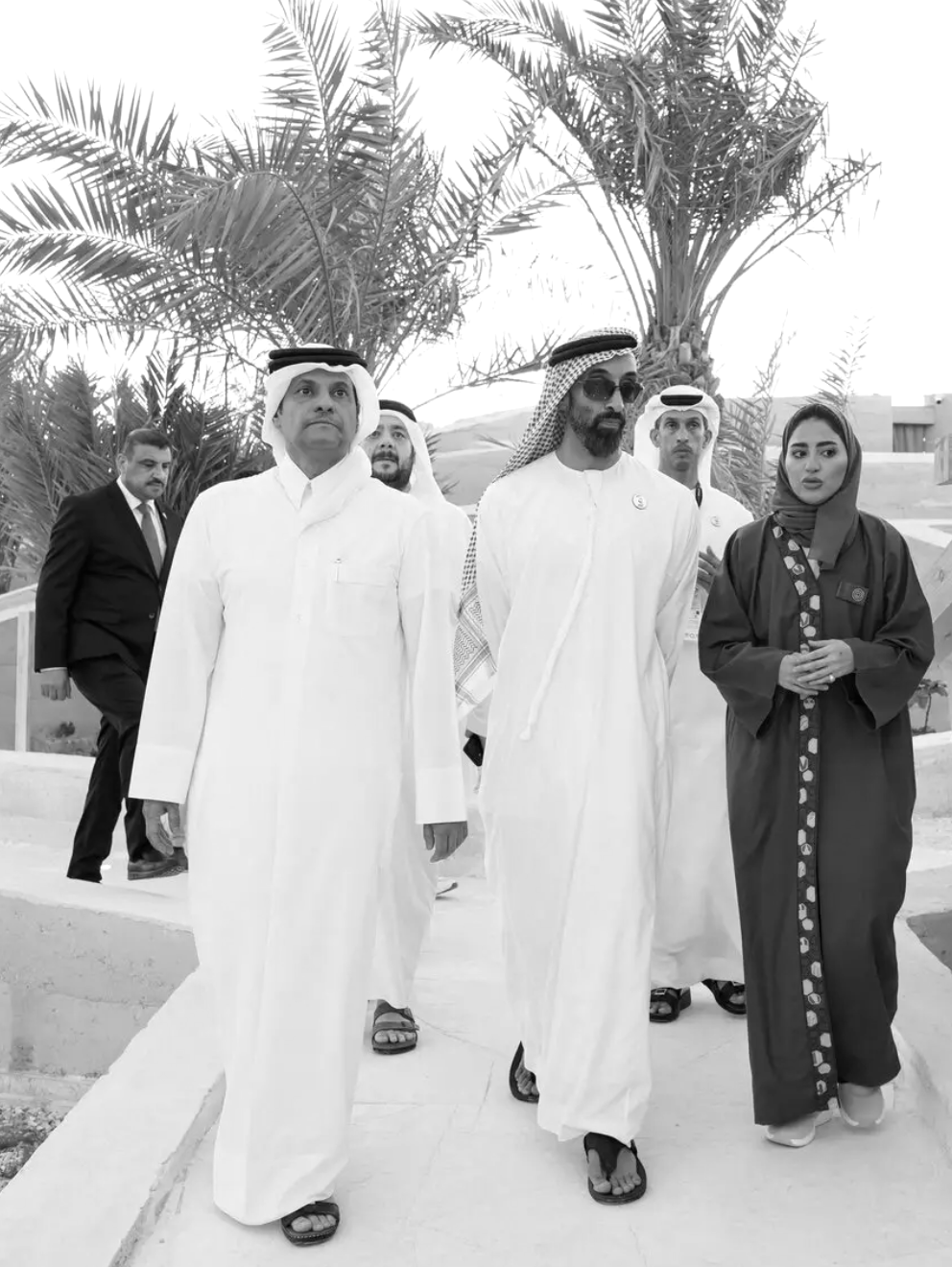Content:

Anatomy of Two Giant Deals: The U.A.E. Got Chips. The Trump Team Got Crypto Riches.
New York Times (Gift)
09/15/2025
This summer, Steve Witkoff, President Trump’s Middle East envoy, paid a visit to the coast of Sardinia, a stretch of the Mediterranean Sea crowded with super yachts.
On one of those extravagant vessels, Mr. Witkoff sat down with a member of the ultrarich ruling family of the United Arab Emirates. He was meeting Sheikh Tahnoon bin Zayed Al Nahyan, a trim figure in dark glasses who controls $1.5 trillion of the Emiratis’ sovereign wealth.
It was the latest engagement in a consequential alliance.
Over the past few months, Mr. Witkoff and Sheikh Tahnoon had become both diplomatic allies and business partners, testing the limits of ethics rules while enriching the president, his family and his inner circle, according to an investigation by The New York Times.
At the heart of their relationship are two multibillion-dollar deals. One involved a crypto company founded by the Witkoff and the Trump families that benefited both financially. The other involved a sale of valuable computer chips that benefited the Emirates economically.
In May, Mr. Witkoff’s son Zach announced the first of the deals at a conference in Dubai. One of Sheikh Tahnoon’s investment firms would deposit $2 billion into World Liberty Financial, a cryptocurrency start-up founded by the Witkoffs and Trumps.
Two weeks later, the White House agreed to allow the U.A.E. access to hundreds of thousands of the world’s most advanced and scarce computer chips, a crucial tool in the high-stakes race to dominate artificial intelligence. Many of the chips would go to G42, a sprawling technology firm controlled by Sheikh Tahnoon, despite national security concerns that the chips could be shared with China.
Those negotiations involved another key White House official with ties to the tech industry and to the Middle East: David Sacks. A longtime venture capitalist, Mr. Sacks serves as the administration’s A.I. and crypto czar, a newly created position that has allowed him to shape tech policy even as he continues to work in Silicon Valley.
Already the two deals have been transformative.
The first instantly propelled World Liberty into one of the world’s most prominent crypto companies, giving it a revenue stream that could be worth tens of millions of dollars annually.
The second is still pending, with final details under discussion in the White House. But it is poised to be a monumental victory for the Emirates. The Trump administration agreed to exponentially increase the U.A.E.’s access to one of the most important inventions in modern history.
The back-to-back deals violate longstanding norms in the United States for political, diplomatic and private deal-making among senior officials and their children, according to three ethics lawyers interviewed by The Times. And they have generated alarm among some former government officials.